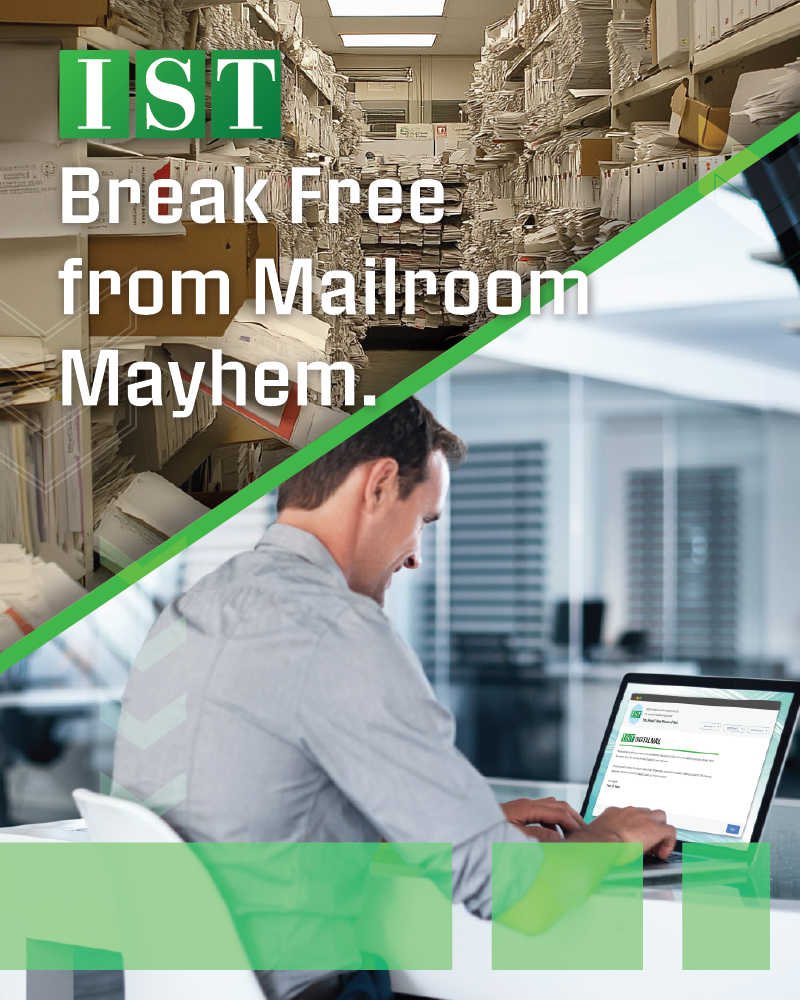7 Things to Consider for a BYOD Policy
Innovate & Integrate
What's at Stake?
Bring Your Own Device (BYOD) policies, in which employees are allowed to use their personal devices (such as smartphones, laptops, and tablets) for work-related tasks, have become increasingly popular as companies continue to embrace remote work. These policies can offer a number of benefits to companies, such as increased flexibility and cost savings. However, there are also potential downsides to take into account.
Personal devices may not be as secure as company-provided devices, which can leave a company more vulnerable to cyberattacks and data breaches. Personal devices may not have the same security features or software updates as those provided by the company, and employees may be less likely to follow security protocols when using their own devices. This can make it harder to protect sensitive company data and to comply with regulations related to data privacy. If an employee's personal device is hacked or lost, and company data is exposed or compromised, the company could be liable for damages or penalties.
Another consideration is the potential blurring of lines between personal and professional use of device, leading to legal issues and unclear liabilities in the event of any violation or damage. Even if an employee signs a BYOD agreement stating the employer has a right to access the personal device they use for work, they are not legally required to honor this agreement unless subpoenaed. This can be a problem if an employee departs with trade secrets or other proprietary data and the company is left with no way to prove data exfiltration occurred.

BYOD Policies to Consider
Proactively putting policies and procedures in place is the best way for companies to mitigate these risks. Some examples of these measures are:
- Implement mobile device management (MDM) software: MDM software can be used to remotely configure and secure personal devices, as well as to monitor and control access to company data on the device. This can include things like setting up password policies, remotely wiping company data, and restricting access to certain apps or websites.
- Develop comprehensive policies and training: Companies should have clear policies in place outlining employees' responsibilities when using personal devices for work, as well as appropriate use of company data and compliance with security protocols. Employee training on these policies is crucial to ensure they understand and follow best practices for device security.
- Regularly monitor and update security: Companies should regularly monitor and update security measures, such as MDM software and anti-virus software, to ensure that devices are protected against the latest threats. They should also monitor employees' device usage and investigate any suspicious activity or data breaches.
- Segment company and personal data: Companies should use techniques like containerization or virtualization to segment company and personal data on employees' devices to limit the impact of a data breach. This way, the employee's personal data would remain unaffected if the device is lost or stolen, and only the company data will be affected.
- Encrypt company data: To protect against data breaches, companies should encrypt company data that is stored on personal devices. This makes it much more difficult for hackers to access the data if the device is lost or stolen.
- Clearly define liability: Companies should have a clear policy in place to define the liability for any data breaches, loss of company data or unauthorized access to company data. This helps clarify the responsibilities of both the company and the employee.
- Legal and regulatory compliance: Companies should consult with the legal department or external legal advisor to ensure compliance with all laws and regulations related to data privacy and security.
As the landscape of modern employment continues to shift, it is important that companies carefully weigh the potential benefits and drawbacks of BYOD policies.
Find more on IST's Forensics & Consulting, here.






